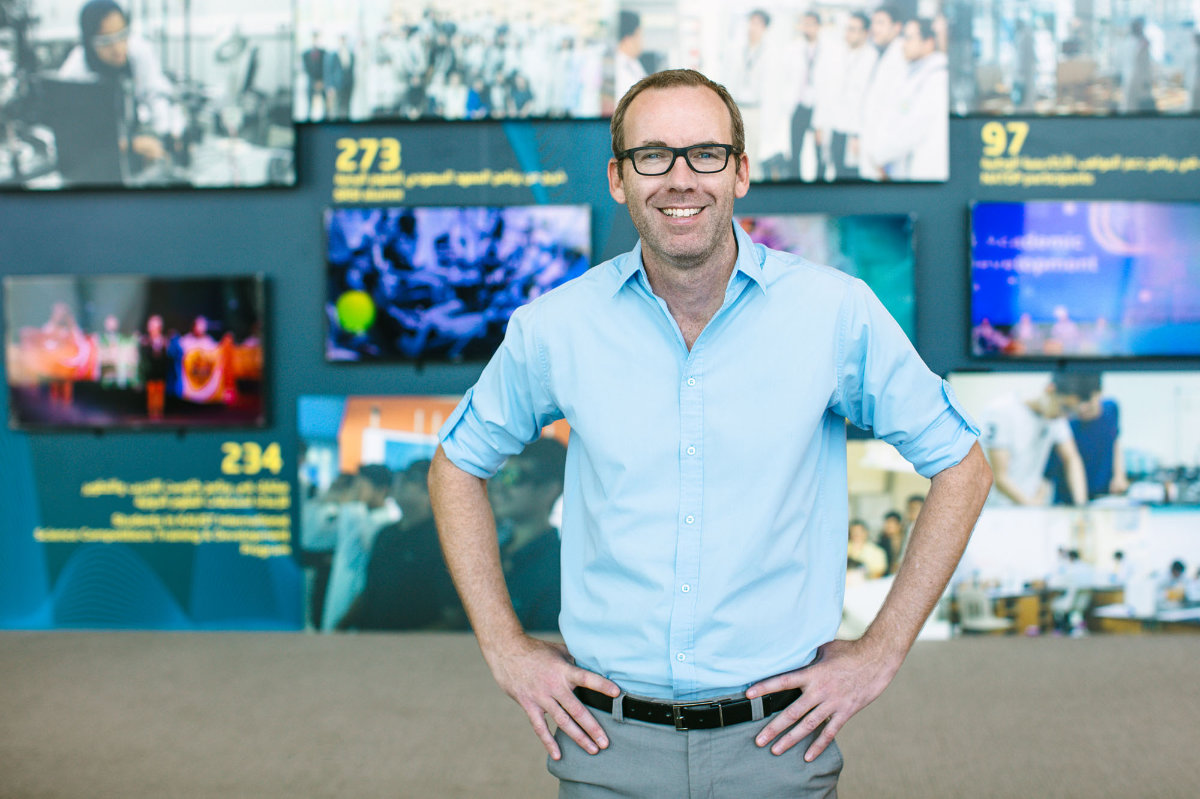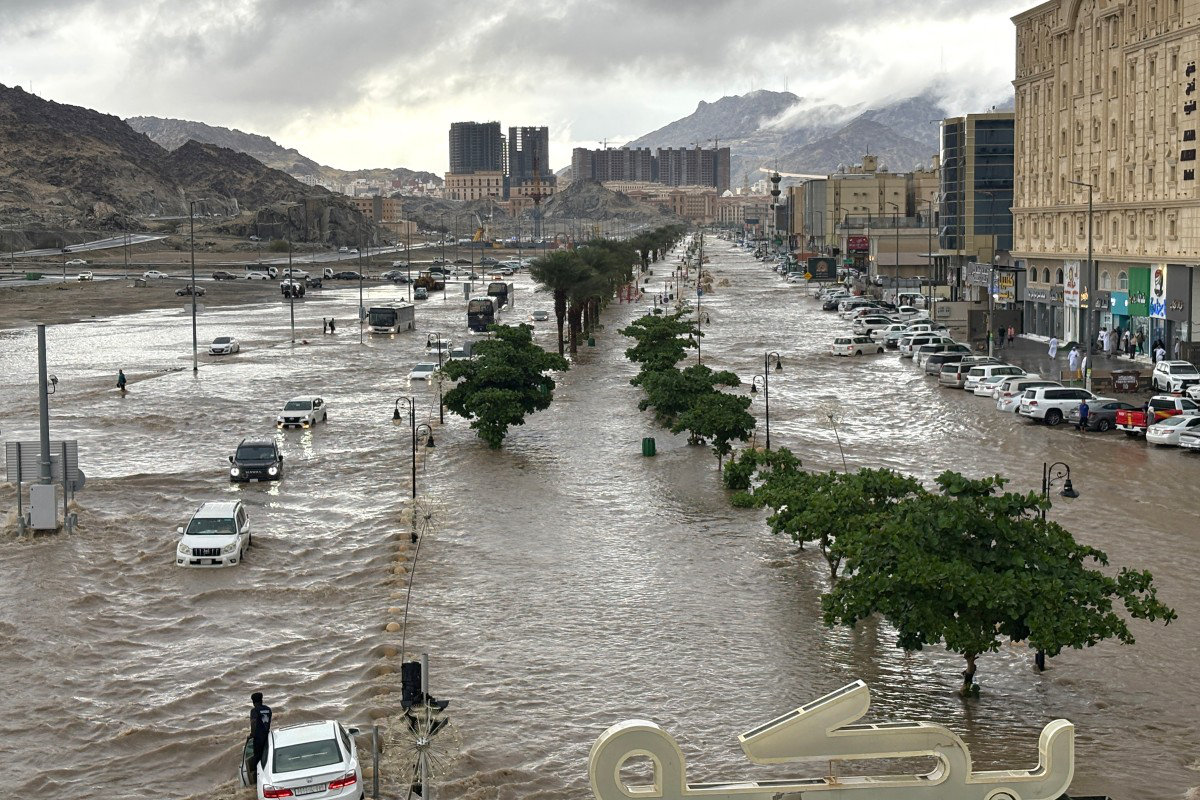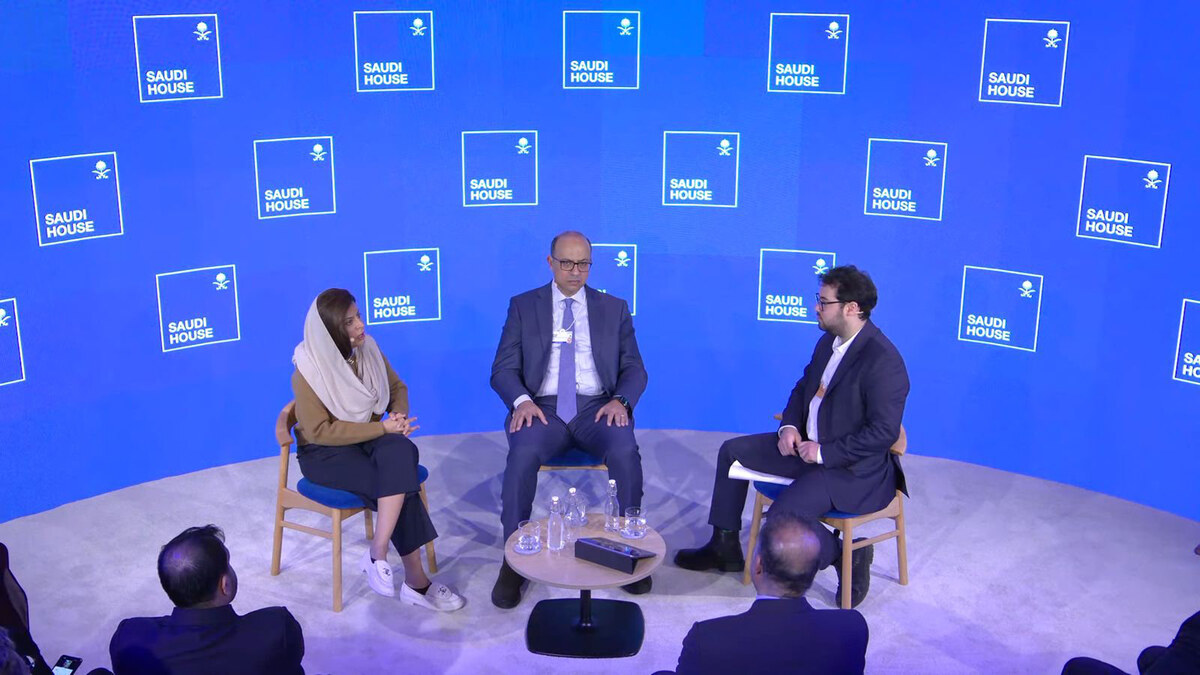RIYADH: King Abdulaziz Public Library provides a key index of Saudi culture, presenting the world with a rich legacy of cultural, historical and literary diversity.
On World Heritage Day, April 18, the library highlighted its efforts in preserving cultural heritage, which makes it one of the most important libraries in the Arab and Islamic world. It possesses a variety of heritage treasures in manuscripts, documents, rare books, coins and photographs. The library has 8,571 books and more than 5,000 manuscripts, documents, coins and rare maps.
The library has established a knowledge-based space to produce large collections of specialized books on the history of the Kingdom and in the Arab and Islamic worlds while continuing to use its knowledge system in line with Vision 2030 and the cultural strategy of the Ministry of Culture.
The library’s special holdings consist of manuscripts, rare books, rare documents, rare maps, rare photographs and coins. These form an integrated picture and are characterized by rare historical scenes that stimulate research.
The library established the Manuscripts Department in 1988 to contribute to the preservation of Arab and Islamic heritage and make it available to researchers and investigators. The department has more than (4,400) original manuscripts in addition to more than (700) photocopies and microfilms, including the charts of the Institute of History of Arabic and Islamic Sciences at the University of Frankfurt. More than 3,500 manuscripts have been indexed and filed in the computer system.
The library in Riyadh, the pioneer in publishing heritage, has digitized all of its manuscripts — more than two million of them — and stored them on CDs.
The library contains a collection of rare books of ancient and rare European editions, consisting of 78 books on the biography of the Prophet Muhammad. The collection also includes 113 translated books in ancient European languages of the Holy Qur’an, as well as 55 books on Qur’anic studies and 54 books on Islamic sources. This collection represents the beginnings of European interest in the Holy Qur’an and its studies. The library acquired a collection of Arabic editions printed in Europe in 1592-1593. These editions are part of the library’s interest in the original Arab and Islamic heritage. They include rare books such as The Canon of Medicine by Avicenna, Rhetoric Mysteries by Abd Al-Qahir Al-Jurjani, a commentary on the “Isagoge” by Abu l-Faraj at-Tayyib, The Perfect Guide to the Sciences of the Qur’an by Jalal Al-Din Al Suyuti, as well as 8,271 rare Arabic indexed books.
The library hosts a number of private collections, including that of the American orientalist George Rantz. This collection has many books, manuscripts, maps and rare documents, containing books in Arabic and 3,265 books in foreign languages. It also has the collection of Hamza Boubakeur, dean of the Islamic Institute and former imam of Paris Mosque. It is an integrated collection with 17,170 titles of 19,821 volumes of periodicals, newspapers, manuscripts, documents, newspaper clippings, rare books and books in Arabic, French, English, German and Russian. It includes books on scientific and religious sciences, and tourist literature that describes countries, their heritage, customs and traditions, and is linked to Saudi Arabia, the Arabian Gulf and the Islamic world.
The library has an archive of photographs, one of the rarest collections in the world, with a total of 5,564 single original photographs or collections in albums, taken by the most famous photographers of the East and the Arab world since the beginning of photography in 1740, as well as photographs taken by travelers, sea captains, military personnel, envoys, consuls and politicians who visited the region from the middle of the last century until the beginning of this century. This archive of photographs is one of the most unique in the world.
The library has 365 photographs of the two Holy Mosques with previously unpublished negatives. These photographs were taken by the Egyptian international photographer Ahmad Pasha Helmi, who was commissioned by King Farouk to photograph the two Holy Mosques during the visit of King Abdul Aziz to Makkah and Medina, in addition to a collection of albums depicting the Hijaz railway and other parts of the Kingdom.
Official and non-official documents are important scientific materials in the writing of history. Nations rely on collecting their documents, archiving them and making them available for study. The library in Riyadh has been keen to acquire rare documents and books, especially on the history of King Abdul Aziz Al Saud, the history of Saudi Arabia, and to allocate a special section for them. These documents include:
George Rantz records: in English, French and Arabic, covering the period from 1930 to 1960.
Documents of the Egyptian and Arab press on the visit of King Abdul Aziz to Egypt.
Documents of the American press about King Saud’s visit to the US.
Documents on oil agreements between the Kingdom and some American companies.
Documents of the British press regarding the war between the British forces and the forces of the Sultan of Muscat and Oman against the forces of the imam of Oman, and the effects of this war on the region and the position of the Saudi state and King Saud of this war.
Abdul Rahman Azzam’s collection of documents (in Arabic and English) covering the period from 1925 to 1960.
Correspondence reflecting the assistance provided by Saudi Arabia to the Mosque of Paris and Makkah pilgrims.
The British collection of documents on King Abdul Aziz Al Saud (English), covering the period from 1800 to 1953. These are photocopies of the original documents and constitute one of the most important sources of the history of the Arabian Peninsula.
Khair Al-Din Al-Zarkali’s collection of documents: (in Arabic) covering the period from 1920 to 1975.
The library also has 700 rare maps, especially of the Arabian Peninsula, dating from 1482. The library has acquired more than 7,600 rare gold, silver and bronze coins, dating back to different Islamic times.
World Heritage Day was proposed by the International Council of Monuments and Sites on April 18, 1982 and approved by UNESCO in 1983 with the aim of promoting awareness of the importance of cultural heritage and protecting it.



































